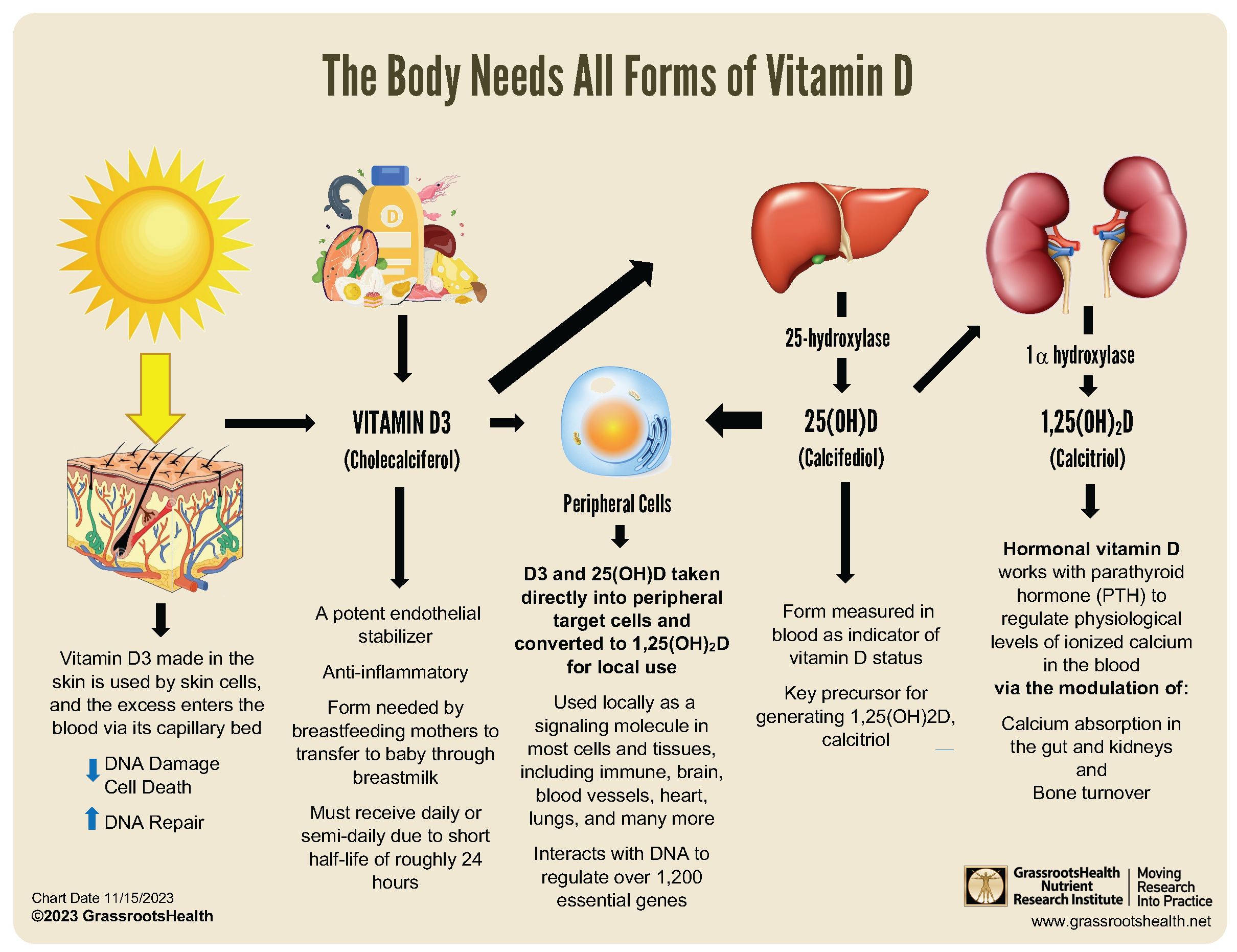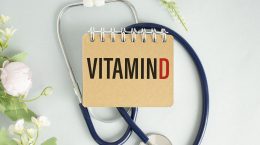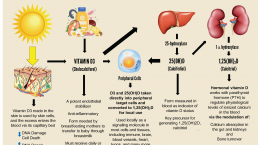Published on September 3, 2024
Watch this video interview between Dr. Sunil Wimalawansa and Dr. Mobeen Syed as they discuss key aspects of vitamin D and how vitamin D deficiency negatively impacts our health
Key Points
- Dr. Sunil Wimalawansa’s research with vitamin D began in the early 1980s, when he showed that adding a certain amount of vitamin D can prevent cancer cell growth and revert cells back towards stability
- In this video interview, Dr. Wimalawansa discusses the safety of vitamin D and the levels needed to help prevent various diseases, as well as who may be at higher risk of deficiency and therefore who may need higher doses of vitamin D
- Optimal vitamin D levels are essential for optimal functioning of all immune cells; without enough vitamin D, immune cell function is inhibited and disease risk becomes much higher
In today’s featured video, Dr. Mobeen Syed of Drbeen Medical Lectures interviews Dr. Sunil Wimalawansa about the key fundamental concepts of vitamin D.
Dr. Wimalawansa has been researching vitamin D for over four decades and is considered one of the world’s leading experts on vitamin D. His extensive background includes working with vitamin D in the laboratory setting from 1983, applying his vitamin D knowledge working with patients as a medical doctor, and facilitating clinical trials involving vitamin D. He recently collaborated with GrassrootsHealth on a 5-part interview series called “Everything You Need to Know About Vitamin D… and More.” The video interview below touches on some of these same concepts.
Watch the video on Dr. Wimalawansa’s YouTube channel below, and be sure to check out the other amazing videos provided by Dr. Mobeen Syed as well!
Watch the Video
Key Points from the Interview
Dr. Sunil Wimalawansa has been in research for almost 45 years, beginning his work with vitamin D back in 1982
His initial research was on the effects of vitamin D (as calcitriol) on cancer cell lines – he showed that adding a certain amount of vitamin D can prevent cancer cell growth and revert cells back towards stability
Vitamin D is both a vitamin and a hormone, depending on the molecule and its function of use; the hormonal activity of vitamin D is only one aspect of its functionality
Vitamin D can be made in the skin upon exposure to UVB from sunlight, but only under certain circumstances; darker skin needs much more time in the sun than lighter skin to make the same amount of vitamin D
Dr. Wimalawansa discusses the differences between vitamins D2 and D3
The idea that skin exposure to the sun is the cause of melanoma is absolutely incorrect; there is a protective effect of sun and vitamin D on melanoma
Vitamin D has tremendous benefits on the immune system, including helping it generate large amounts of antimicrobial peptides; vitamin D deficiency can contribute to the development of many diseases and acute infections
Dr. Wimalawansa discusses the safety of vitamin D and the levels needed to help prevent various diseases, as well as who may be at higher risk of deficiency and therefore who may need higher doses of vitamin D
Vitamin D is NOT stored in fat for later use…
Important cofactors of vitamin D include magnesium, vitamin K2, omega-3s, and resveratrol – it is important to make sure you are getting enough of each along with vitamin D
Dr. Wimalawansa describes the difference between the endocrine or hormonal effects and the para autocrine effects of vitamin D (calcitriol)
Optimal vitamin D levels are essential for optimal functioning of all immune cells; without enough vitamin D, immune cell function is inhibited
Measure Your Levels of Vitamin D, Magnesium, and Other Important Nutrients and Markers
 Having and maintaining healthy vitamin D, magnesium, omega-3s, zinc and other nutrient levels can help improve your health now and for your future. Choose which to measure, such as your vitamin D, omega-3s, and essential minerals including magnesium and zinc, by creating your custom home test kit today. Take steps to improve the status of each of these measurements to benefit your overall health. You can also track your own intakes, symptoms and results to see what works best for YOU.
Having and maintaining healthy vitamin D, magnesium, omega-3s, zinc and other nutrient levels can help improve your health now and for your future. Choose which to measure, such as your vitamin D, omega-3s, and essential minerals including magnesium and zinc, by creating your custom home test kit today. Take steps to improve the status of each of these measurements to benefit your overall health. You can also track your own intakes, symptoms and results to see what works best for YOU.
Enroll and test your levels today, learn what steps to take to improve your status of vitamin D (see below) and other nutrients and blood markers, and take action! By enrolling in the GrassrootsHealth projects, you are not only contributing valuable information to everyone, you are also gaining knowledge about how you could improve your own health through measuring and tracking your nutrient status, and educating yourself on how to improve it.






